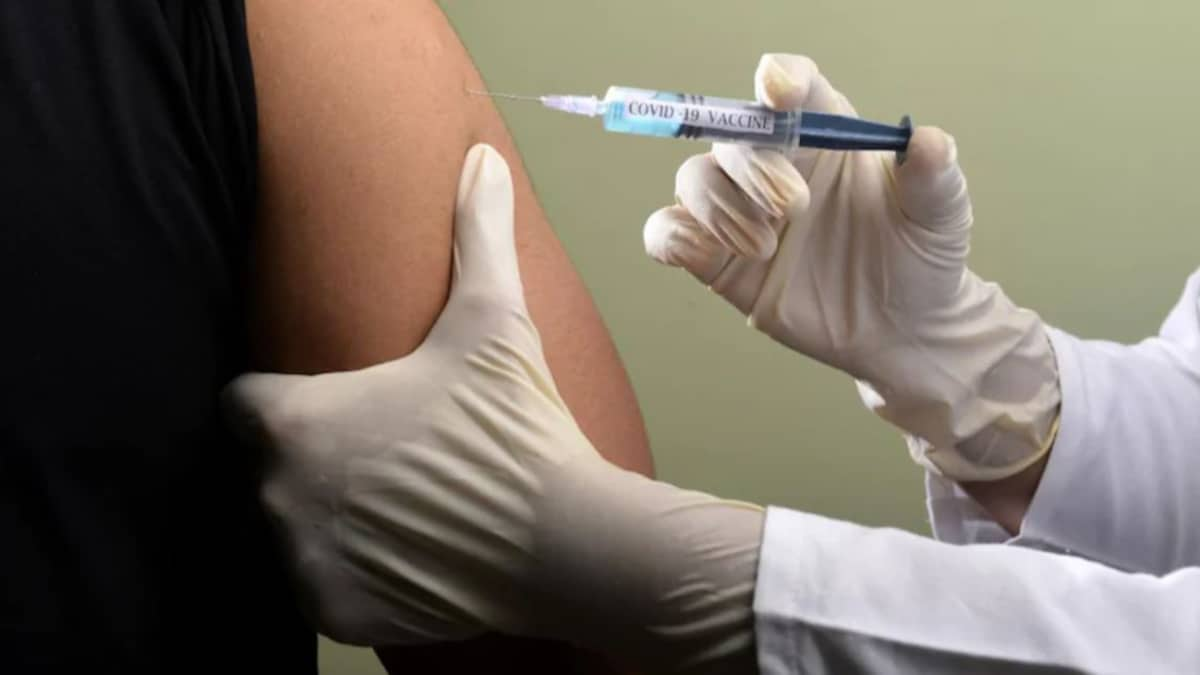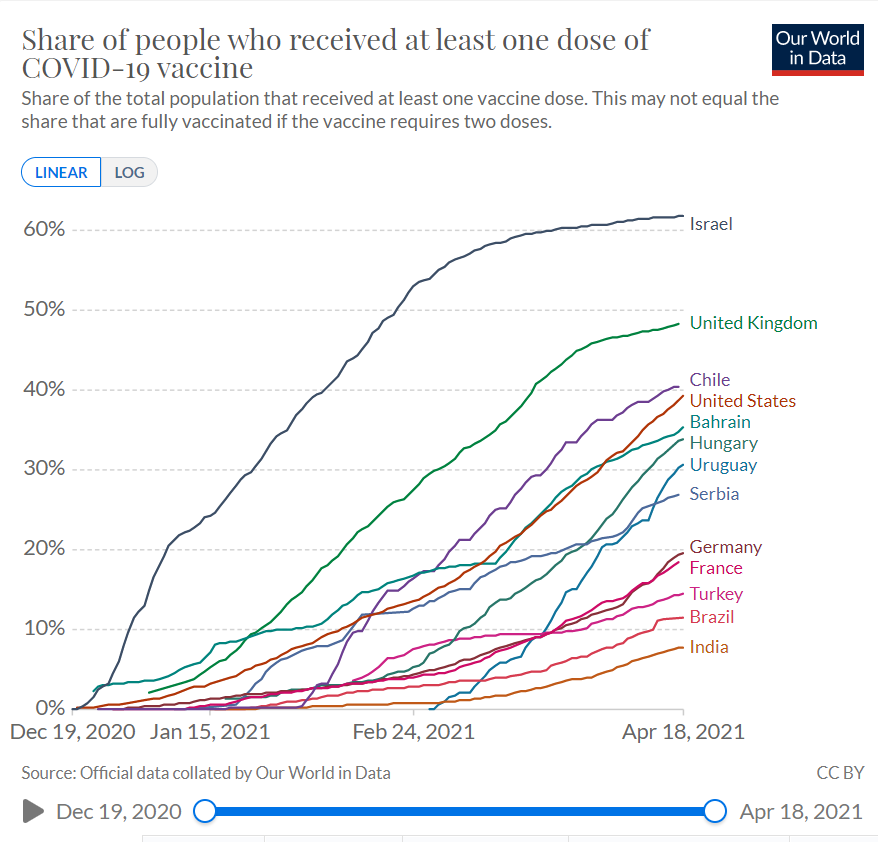
Shortly after the Centre’s announcement of opening up Covid-19 vaccination to people above 18 years of age from May 1, 2021, TISS professor R. Ramakumar posted a thread of tweets discussing the economic implications of the decision on state governments.
“The fine print is dangerous. The decision comes with a considerable liberalisation of the pricing of vaccines,” said Ramakumar while discussing the Liberalised and Accelerated Phase 3 Strategy of the National Covid-19 Vaccination program.
He pointed out that the decision allows vaccine makers to sell 50 percent of their monthly Central Drugs Laboratory (CDL) released doses to state governments, private hospitals and industrial establishments “in the open market” at a “self-set vaccination price.” This can result in a manufacturer-determined base price for state governments to procure vaccines.
“This is just what the private vaccine firms were asking the Government of India [GoI] to do. It allows them to make super profits in the midst of the pandemic,” he said.
As per a government press release, phase three of the vaccination programme intends to ramp-up vaccine production, attract new domestic or international vaccine manufacturers and make pricing, procurement, eligibility and administration open and flexible to allow all stakeholders to customise to local needs and dynamics.
However, Ramakumar argued that the decision actually allows the central government to withdraw itself from any commitment to ensure vaccines to states. He alleged that the Centre created a vaccine shortage over the last four months and now compels states to purchase vaccines directly from manufacturers.
“So, if there is a shortage of vaccines after May 1, as everyone will flock the vaccination centres, the GoI will simply say that states are responsible and that they failed to procure enough vaccines from companies,” he said.
Meanwhile, the central government will allocate vaccines from its share to states and union territories (UTs) based on extent of infection (number of active Covid-19 cases), performance (speed of administration) and wastage of vaccines. The same will also be considered for state-wise quota and communicated in advance.
Ramakumar said that the new phase allowed the Centre to only consider vaccinations for the first 30 crore vulnerable sections, who will get the vaccine for free. Other citizens will have to pay substantially higher prices than current rates. Further, as private companies will buy from the same open market, state governments will be competing with private buyers for the vaccine.
As per a central government press release on January 12, Covaxin was distributed free of cost while 110 lakh Covishield vaccine doses were procured at Rs. 200 per dose. However, the price of each dose can go up to Rs. 1,000 in private markets.
Similarly, if there is no limit for vaccine prices in the “open market,” such a policy will impose a huge cash burden on state finances. Moreover, millions of people will be discouraged from voluntary vaccinations.
As of April 18, India has only managed to administer the first dose of vaccine to 7.71 percent of the population, said Our World in Data website.

Ramakumar warns that if phase three of the programme is allowed to continue as is, it will allow the government to use the manufacturer-state government bargaining as an excuse for failing to plan for adequate vaccines.
“It is essentially a gift to the private vaccine makers, with the attendant financial burden seamlessly passed on to citizens,” he said.
Related:
Manmohan Singh offers advice to PM Modi on how to fight Covid-19
UP: Former District Judge blames administration for Covid affected wife’s death
Covid continues to claim more lives, as many state gov’ts find themselves overwhelmed
Uttar Pradesh is reeling under Covid-19 crisis, who is in charge?
